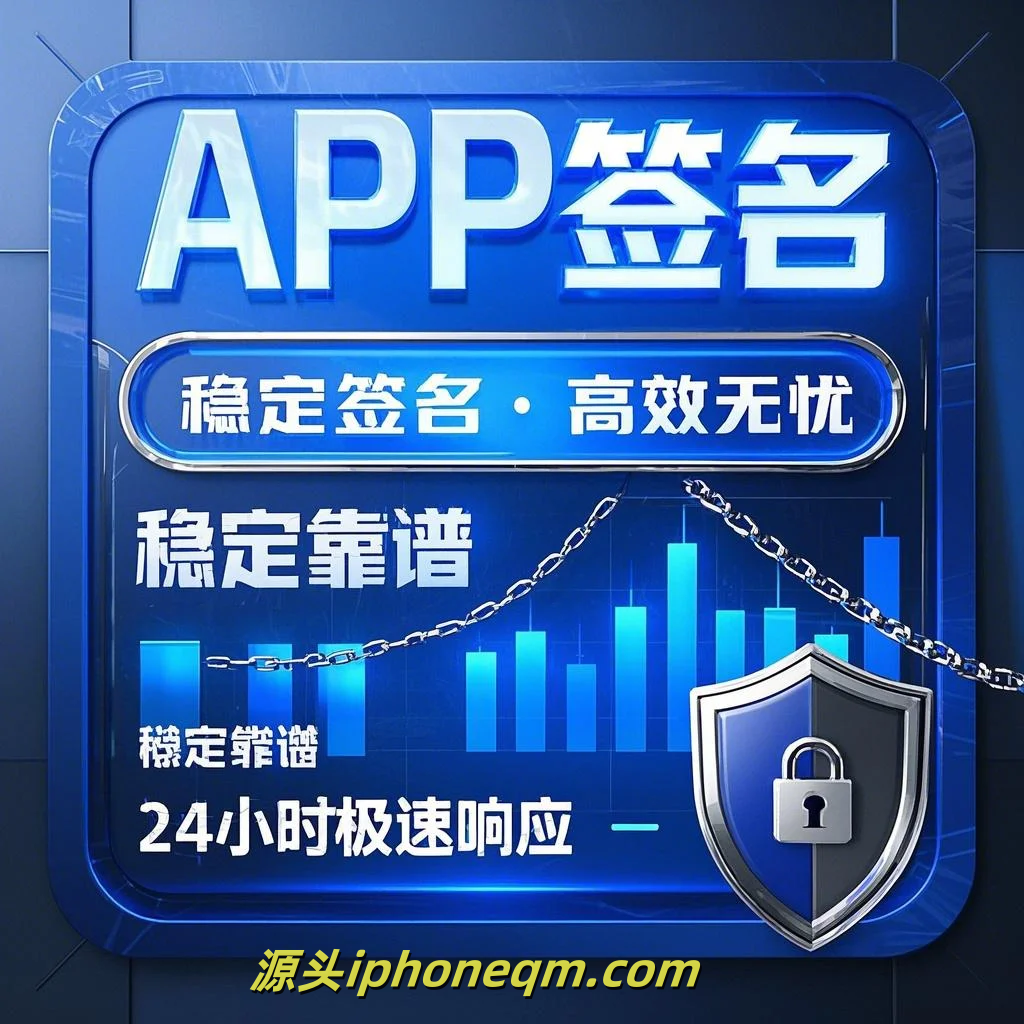The Role of Certificates in App Distribution

In today's digital landscape, where mobile applications are integral to our daily lives, the process of app distribution has become increasingly sophisticated. Among the various elements that contribute to secure and effective app distribution, certificates play a pivotal role. Understanding the importance of certificates in this process is essential for developers and users alike.
Certificates serve as digital credentials that establish the authenticity and integrity of an application. When a developer creates an app, they must sign it with a digital certificate issued by a trusted authority. This signing process essentially validates the app, ensuring that it has not been tampered with and that it genuinely comes from the stated developer. For users, this means they can download and install apps with confidence, knowing that they are not exposing their devices to malicious software.
One of the crucial types of certificates used in app distribution is the code-signing certificate. This certificate assures users that the application they are about to download is safe and has been verified. Major platforms such as Apple's App Store and Google Play require developers to sign their apps before distribution. This requirement protects not only the user but also the reputation of the platform itself.
Moreover, certificates help in maintaining the trust of a developer's brand. If a user downloads a malicious or fake version of an app due to a lack of proper certification, it can tarnish the original developer's image. Thus, developers invest in obtaining certificates to establish a secure environment for their users. A well-established certificate can enhance a developer's credibility, potentially increasing user downloads and engagement.
Another important aspect is the role of certificates in regulatory compliance. Certain industries, particularly those handling sensitive data like finance or healthcare, have stringent compliance requirements. Certificates ensure that applications meet these legal standards, promoting secure data transmission and storage, ultimately protecting user privacy.
With the rise of distributed systems and cloud services, the role of certificates has expanded. Services like API integrations and microservices also rely on certificates to ensure secure communication. By using certificates to establish secure connections, developers can effectively safeguard their applications and the data within them. This not only bolsters security but also enhances the user experience, as users are more likely to trust applications that prioritize their safety.
However, it is crucial to note that while certificates provide a robust layer of security, they are not foolproof. Developers must continually monitor and update their certificates to protect against potential vulnerabilities. Expired or improperly managed certificates can lead to app rejection from distribution platforms, harming the developer's potential reach and revenue.
In conclusion, certificates play an essential role in the app distribution ecosystem. They verify the authenticity of applications, protect users from malicious software, enhance developer credibility, and ensure compliance with industry regulations. As app distribution continues to evolve, the importance of robust certificate management cannot be overstated. Developers must prioritize obtaining and maintaining trusted certificates to foster a secure and trustworthy environment for their users, ultimately driving success in the competitive app market.
扫描二维码推送至手机访问。
版权声明:本文由MDM苹果签名,IPA签名,苹果企业签名,苹果超级签,ios企业签名,iphoneqm.com发布,如需转载请注明出处。












